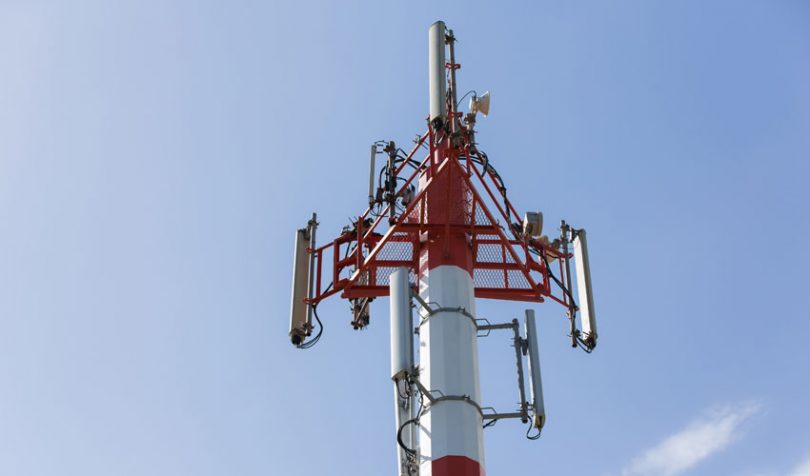South Korean telco KT Corp has partnered with China Mobile to boost cooperation on 5G roaming services and a blockchain inter-carrier settlement system, a Korea Herald report said.
China Mobile is the largest telecommunication firm in the world, and KT is the second biggest in South Korea. The collaboration will enable KT customers to use the 5G network when visiting China.
One of the pain points in the telecoms industry is the calculation and reconciliation of roaming minutes, to settle payments between different carriers. While boosting the use of the new wireless communication technology, KT and China Mobile are also implementing a blockchain roaming charge system.
The platform dubbed as ‘B.Link’ will analyze roaming data from the two carriers and process roaming charges on a real-time basis. This will save the companies time and cost of data reconciliation.
KT’s involvement with the Carrier Blockchain Study Group (CBSG) consortium may have helped this new collaboration. The CBSG is led by SoftBank and blockchain firm TBCASoft, which developed the Cross-Carrier Payment System (CCPS) platform. Other high-profile members of CBSG include IBM, Far EasTone, Sprint, LG U+, PLDT and Axiata, among others.
A few months ago, KT said it was working with SK Telecom, LG U+, Samsung and a few others on a Korean blockchain-based identity service. The firms are building a self-sovereign identity (SSI) app to give users control of their data.
In June, the Korean telco announced a blockchain service to secure IoT devices such as vessel cameras using a satellite link.
Meanwhile, China Mobile has also been exploring blockchain applications on the mainland. The state-owned telco, in partnership with sector peers China Unicom and China Telecom, launched the Trusted Blockchain Telecom Application Group. Blockchain as a Service, IoT logistics traceability, inter-operator clearing, and business operation support are some of the initiatives the consortium is working on.
KT’s collaboration with China Mobile is not exactly new. Last year, it launched a proprietary blockchain protocol which it was testing with China Mobile and Japan’s NTT DoCoMo for international roaming.






